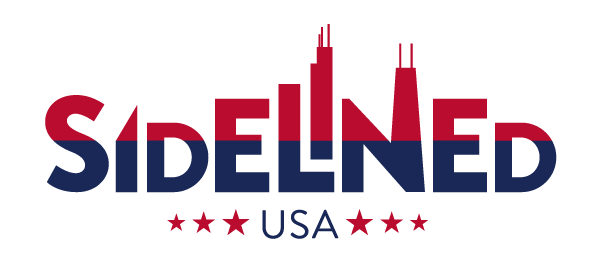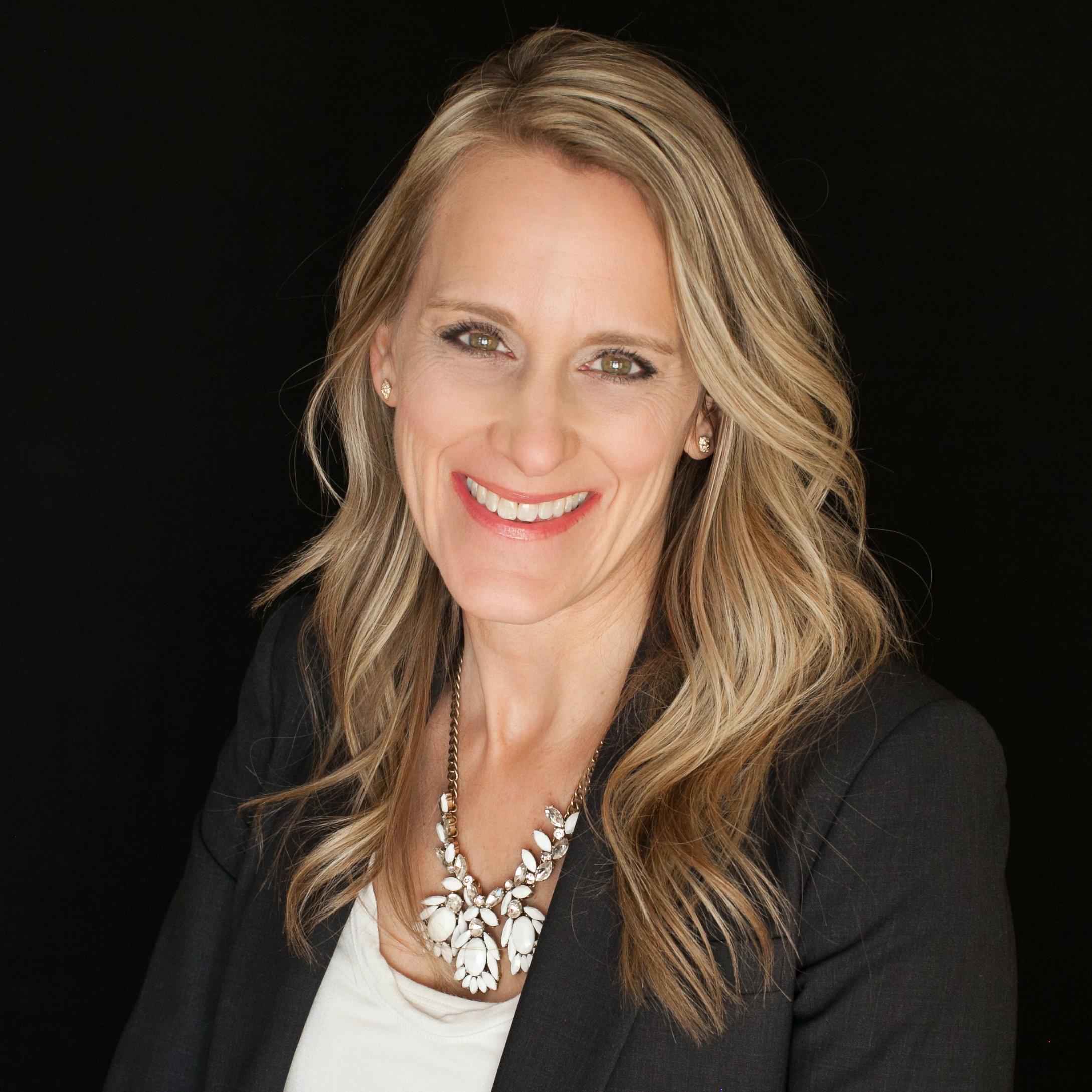Healthy Adjustment to Career-Ending Injury or Health Condition Part 2: Finding Your Voice in the Aftermath
By Jordan Anderson and Christine Pinalto
* Start HERE for Part 1 of "Healthy Adjustment to Career-Ending Injury or Health Condition."
Receiving the news of forced sport discontinuation can be devastating to an athlete. The reality of being permanently-sidelined from the sport you love can force you to confront new challenges you may not have faced before.
This article is here to help you break down and assess your situation as a permanently-sidelined athlete and to empower you to find your voice to get the support you need.
1. Make the most of your support network.
Having a well-rounded support network is essential in coping with becoming permanently-sidelined. Support can come in many forms and in many different ways.
Family- Often times family support can be the most personal and vital. However, athletes sometimes describe frustration with the inability for family members to truly understand what they are going through. Sometimes athletes feel misunderstood and at the same time, hesitant to open up to well-intended family members who may in turn, become overly-sympathetic. By letting your family members know how your feeling but also expressing that you aren’t asking for them to solve your problem or to pity you, you can set the tone for the kind of support that is most helpful to you. Getting support in your own way is important and your family is there to listen to the type of support you feel is beneficial. Don’t shut them out - they want to help and most likely, are very open to taking your lead on what is and isn’t helpful to you.
Friends- When thinking through your friends, differentiating between “true” friends and acquaintances is essential. Who is present in your life because of you as a person and who is there because of your sport associations? It is certainly possible that some of your friends may be both. When you begin to feel like your teammates have moved on from supporting you, it is important to remember the people that are focusing on you as a person. Continue to open up to those friends about how you’re doing processing your loss in the months ahead. You don’t have to elaborate if you don’t want to - it’s just helpful for them to know when you’re having a rough day and what’s on your mind. There is power in simply admitting out loud - “I’m really struggling right now.”
Team- Many permanently-sidelined athletes describe positive initial support from teammates and coaches. While some have experienced long-lasting support from the coach and team, the reality is that support and inclusion begin to fade over time. It’s not intentional or meant to be hurtful, it’s just that they probably don’t know what would be helpful to you or have gotten busy with their schedules. Avoid becoming resentful, take an assessment of where you are at, and make your voice heard. It is important to be vocal in what you are looking for as an athlete, to communicate your struggle, and express your desires to remain involved in some capacity. More than likely, they are happy to help if you articulate your desires.
Medical Community- Depending on the type of diagnosis, you will often have multiple members of the health care community available to help you recover. Physicians, physical therapists, athletic trainers, and specialists can help you make the most of your recovery. However, once those outlets begin to fade due to various reasons, it is imperative that you realize the support does not have to end. This is where being vocal is essential as there will be medical professionals who are trained and willing to continue helping beyond the physical. Mental health professionals are a great outlet for support. Sports psychologists, psychiatrists, and therapists can all be invaluable for continued support. You must not be discouraged from the stigma surrounding mental health and remember that just like treating a “physical” injury, mental health treatment is a valuable part of the healing process of you as a whole person.
2. Choose courage over comfort.
While it takes an extreme amount of courage and mental fortitude to overcome a career-ending diagnosis or injury, athletes will often bottle up their feelings and internalize their struggle. You may be used to being mentally tough and “dealing with things yourself”. However, it is a mistake to believe that being mentally tough means not opening up and talking about your internal feelings. What you are going through has been described as the same kind of grief one goes through when there is a death in the family.
In her “Sidelined Stories” interview, Erin Walter, former professional women’s soccer player, reflects on a quote from Brené Brown that says “choose courage over comfort”. Bottling up your feelings and not talking about what you are going through is actually not that courageous. It may actually be the easier, more comfortable of the two options. Where the real work comes in is bravely vocalizing your internal battle and opening up to others. Letting your support network in and admitting that you are struggling to accept your new reality post-athletic career takes real courage and will eventually help you to truly move past your hurdles.
3. Find Resources
Your support network can be there as a sounding board - don’t close yourself off. It can actually prolong your healing process if you do. Do you want to make a mental turn and feel differently than you do today? Then open up to someone you trust. Even if you are still struggling years after having to leave your sport, open up. It is completely normal to continue to struggle internally as time goes on. Processing what you are going through out loud with someone who cares about you can make a real difference.
Sidelined USA is here for you. We exist to provide permanently-sidelined athletes with many outlets of support. Our founder, Cade Pinalto, started Sidelined USA to fill the void of organized support for sidelined athletes. We offer connection groups to introduce you to other athletes who have had similar experiences. We are here to connect with you, offer resources to help you find a clear path forward, and, if staying involved in athletics is your continued goal, we offer mentorships in various sports-related fields. There is a meaningful way forward following the premature end to your sports career. The Sidelined Team is here to help you find your voice in the healing process and encourage you to use it.
If you would like to learn more about resources available to you, please fill out this simple form.
Follow along to the next article in this series: Part 3 - Identifying Internal Coping Strategies to learn next steps in thinking through your transition forward.
Disclaimer: This article is for informational purposes only. Neither Sidelined USA nor its affiliates provide clinical or medical care of any kind via their relationship with Sidelined. At no time should a user have an expectation of clinical care or professional services offered or rendered.
Jordan Anderson, MS ATC
Athletic Trainer, Vice-President of Illinois Athletic Trainers' Association, and Sidelined USA Board Member
Jordan was drawn to Sidelined USA because of its many outlets of support for permanently-sidelined athletes. Jordan recognizes the profound significance of mental health awareness in athletes and serves as a presenter on mental health in the athletic community. Jordan is passionate about growing Sidelined USA and helping athletes across the country find their place and cope with their new reality.
Christine Pinalto
Sidelined USA's Executive Director and Co-founder, Sidelined USA Board Chair
"I am passionate about providing support for both sidelined athletes and their parents in the transition following the end of an athletic career due to medical disqualification. There is power in learning from those who have faced this difficult transition and who have found a way to thrive after such a devastating loss."



